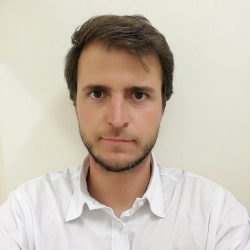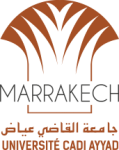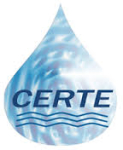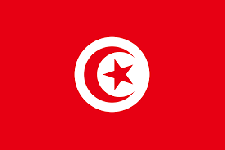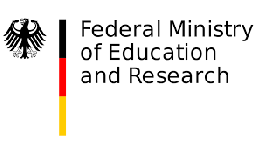ABOUT US




SmaCuMed aims at developing a modular system for desalination of brackish groundwater that follows an integrated approach by providing a sustainable, innovative, cost effective and robust groundwater desalination in the field of smart irrigation. The all-in-one smart irrigation cube system will include a water management system for precision irrigation and crop intensification and will be powered by renewable energy using high efficient solar PV panels for autonomous operation in remote areas. The feasibility of the concept will be tested in two different locations in Morocco on the example of argan trees, date palms and/or olives. The project will focus on raising awareness among population, local and regional authorities on the urgency of tackling the environmental impacts of climate change on future crop productivity. For this, an environmental, economic and social sustainability assessment of the integrated system will be carried out (LCA, LCC) considering the context of the local environment in both Morocco and Tunisia as an example for the Mediterranean. The main goal herby is to enhance the regulatory framework of water supply & management and create economic support instruments for key stakeholders and decision makers in North African countries.



